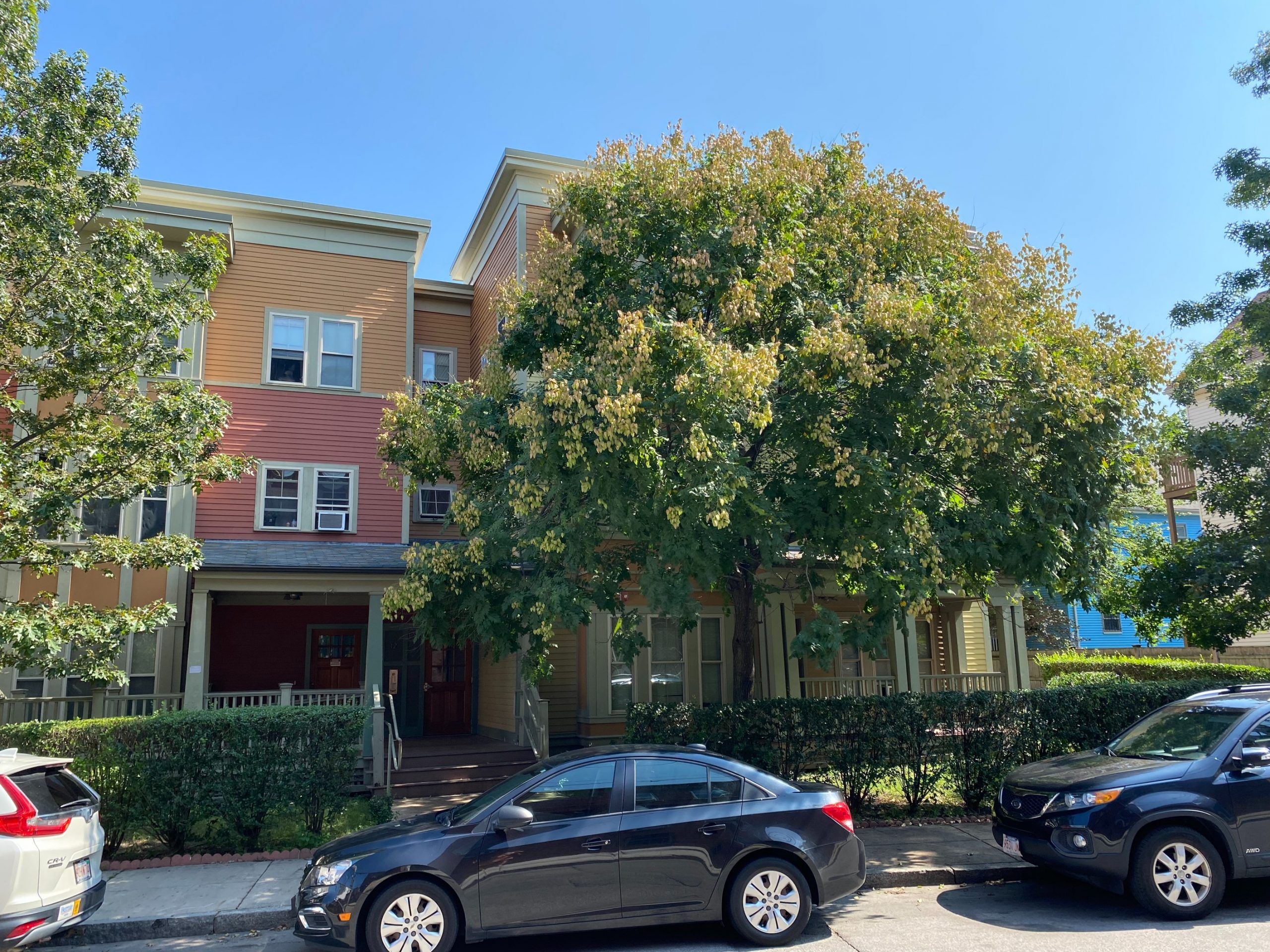A Message from Hildebrand’s New Board Chair
Imagine a community in which every family has a safe, stable place to call home. Knowing we have a warm bed where we can rest after a long day, we can focus on building the future we want for ourselves and our families. We can find new jobs, enroll in educational programs, and advance our careers. We can access consistent, quality healthcare, and improve our physical and mental health. We can build meaningful connections and strong roots in the communities where we live.
That’s the future that Hildebrand is working toward—a future in which every family has a home. And that’s the vision that drew me in. Growing up in a community where many families were experiencing poverty, I saw first-hand the impact that community organizations like Hildebrand can make when they effectively and compassionately support families through difficult times. I witnessed the ways that having systems of support in place strengthened my community—when families were looking for resources or support, they knew where to turn.
I feel honored to be elected Board Chair of an organization that has such a strong legacy of impact and even bigger plans for meeting the future’s next challenges. This is a pivotal time for Hildebrand—and for our state’s shelter system overall. Across Massachusetts, more than 7,000 families are currently staying in shelters like Hildebrand, with additional families on the waiting list. And, new legislation caps families’ length of stay in shelter to just nine months with the possibility of limited extensions, meaning some families will be required to leave shelter before they are ready.
Hildebrand’s Board, leadership, and staff remain as committed as ever to ending family homelessness—no matter the obstacles that are thrown in our way. For more than three decades, Hildebrand has worked together with families to find safe, stable, permanent homes. We do this by offering direct programs and services, while also engaging in systems change efforts, working together with our partners and coalitions to address the root causes of poverty and homelessness in our communities.
As the new Chair of Hildebrand’s Board of Directors, I am ready and eager to work together with the Hildebrand community to meet the challenges we’re facing today head on. Building upon Hildebrand’s strong foundation, deep roots, and valuable experience, I know that together, we will continue growing Hildebrand’s impact and making strides towards our vision that every family has a home.












